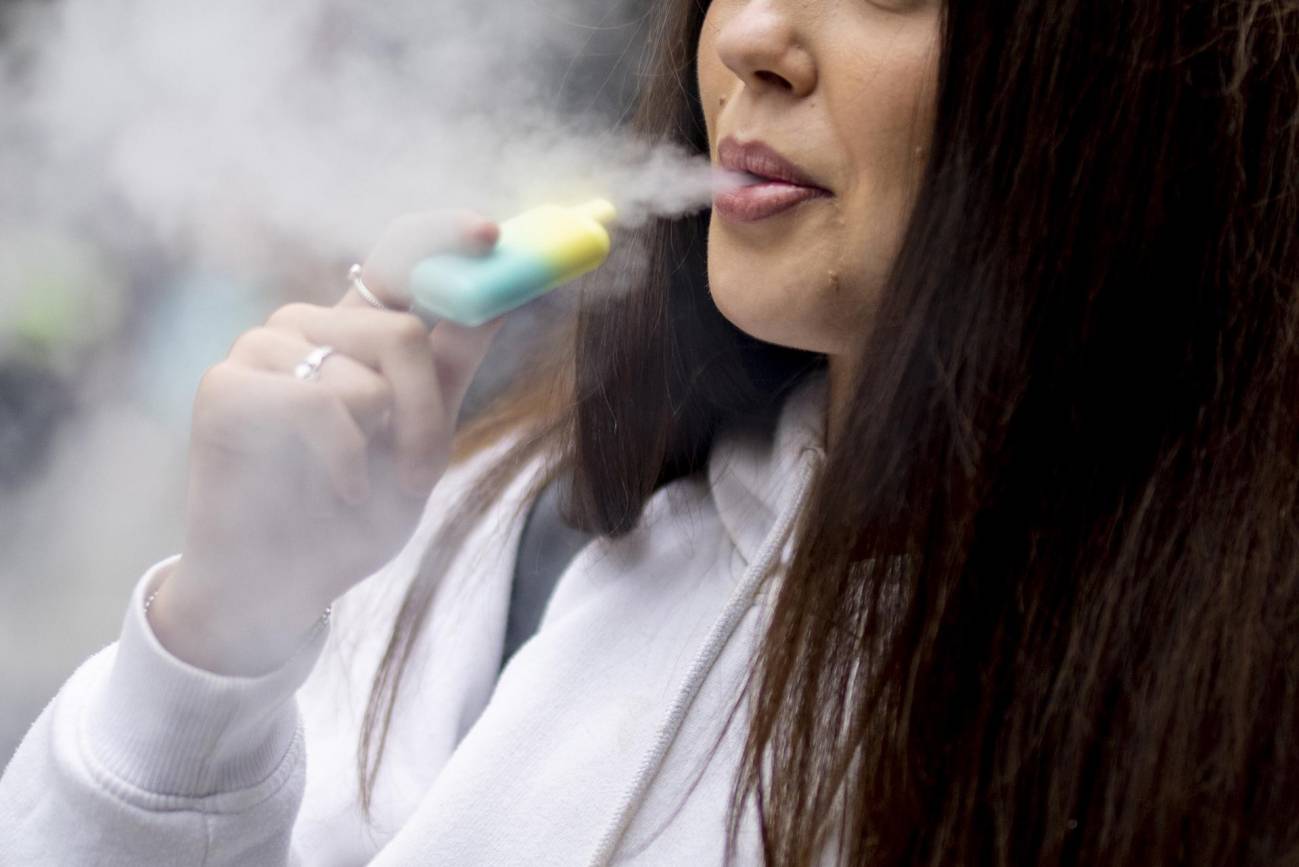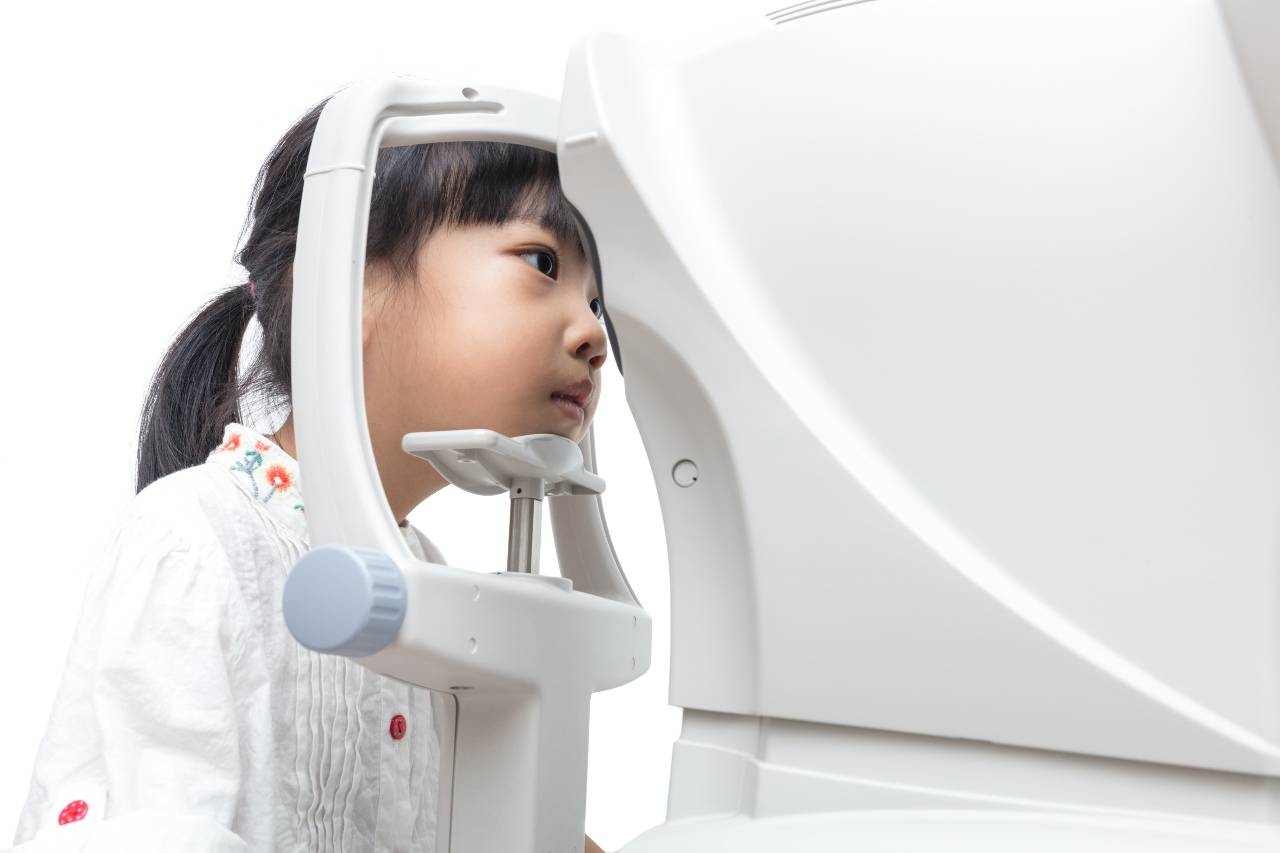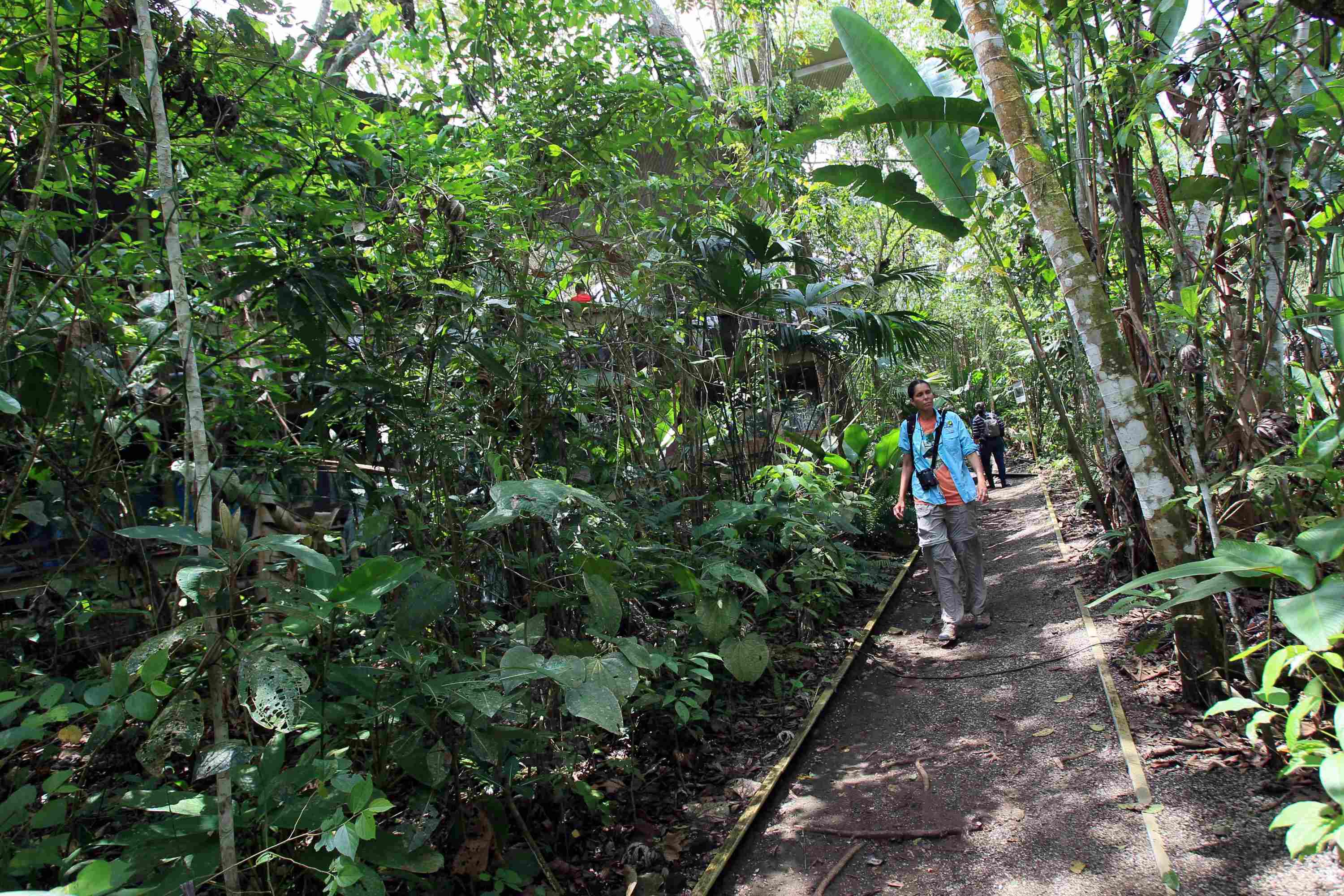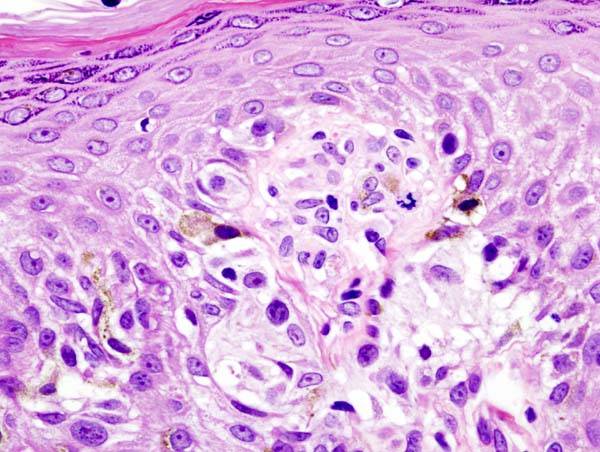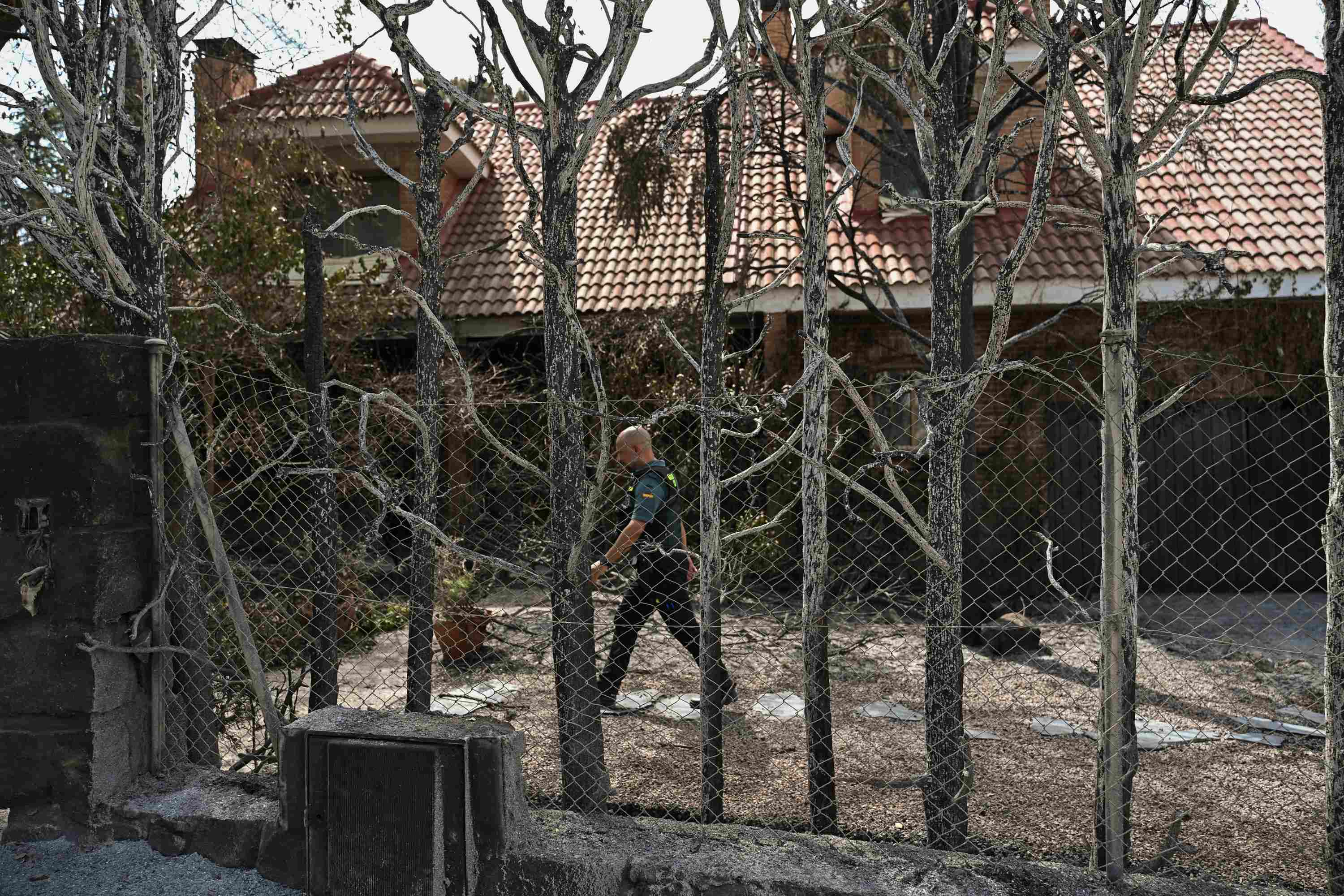Vaping among young people is associated with higher subsequent consumption of tobacco, marijuana or alcohol
A team from the United Kingdom has conducted an umbrella review, or review of reviews, on the risks of vaping among young people. After analysing 56 reviews including 384 studies, their conclusions are that vaping is subsequently associated with increased consumption of tobacco, marijuana and alcohol. It is also associated with an increased risk of asthma, coughing, injuries and mental health problems. The results are published in the journal Tobacco Control.
